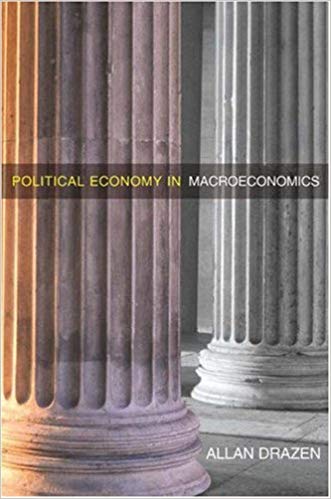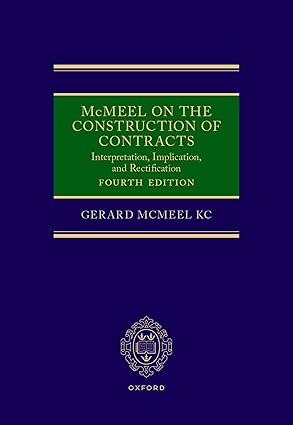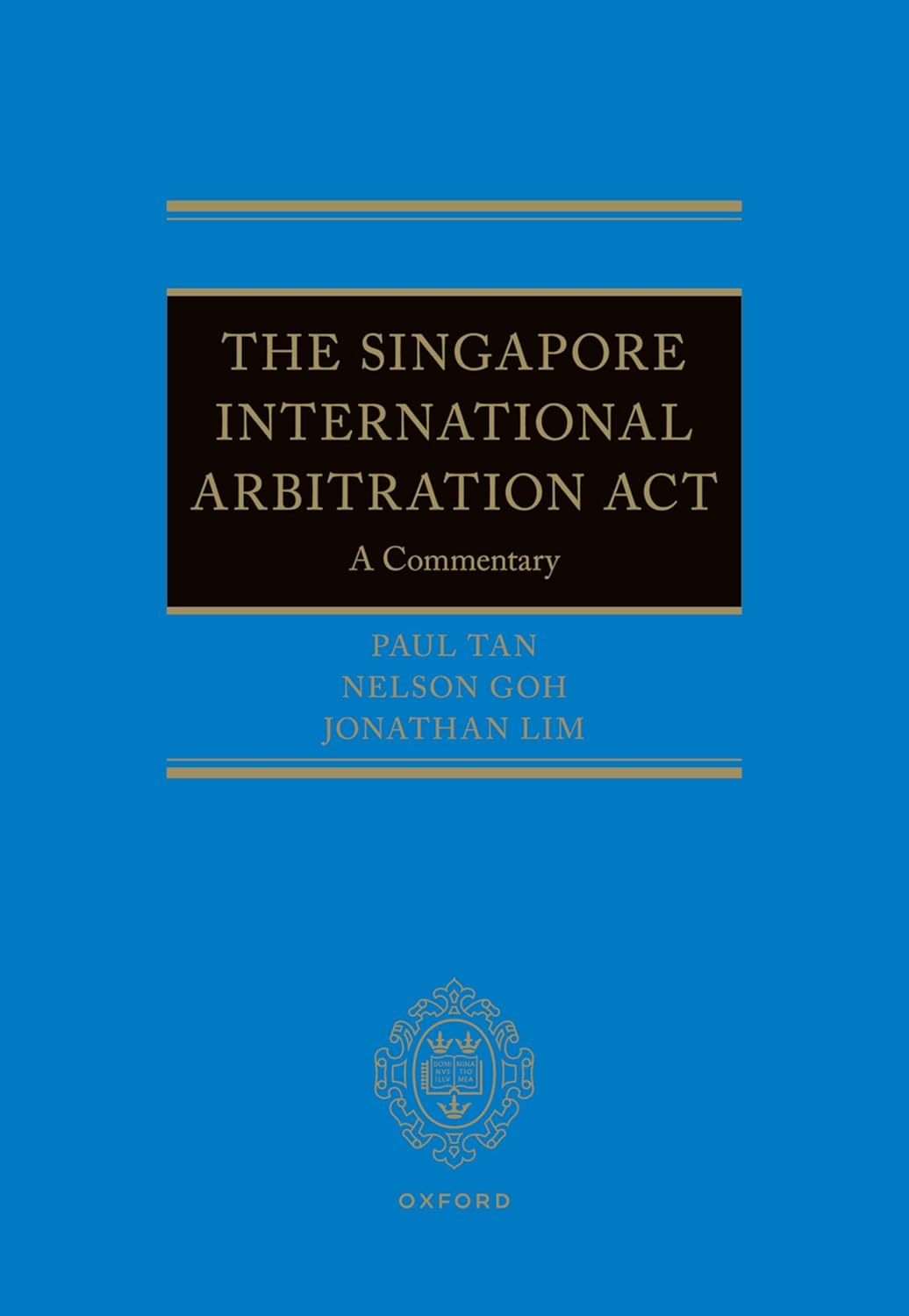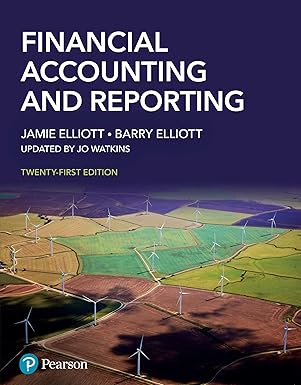Originally, economics was called political economy, and those studying it readily accepted that economic decisions are made in a political world. But economics eventually separated itself from politics to pursue rigorous methods of analyzing individual behavior and markets. Recently, an increasing number of economists have turned their attention to the old question of how politics shape economic outcomes. To date, however, this growing literature has lacked a cogent organization and a unified approach. Here, in the first full-length examination of how political forces affect economic policy decisions, Allan Drazen provides a systematic treatment, organizing the increasingly influential "new political economy" as a more established field at the highly productive intersection of economics and political science.
Although he provides an extraordinarily helpful guide to the recent explosion of papers on political economy in macroeconomics, Drazen moves far beyond survey, giving definition and structure to the field. He proposes that conflict or heterogeneity of interests should be the field's essential organizing principle, because political questions arise only when people disagree over which economic policies should be enacted or how economic costs and benefits should be distributed. Further, he illustrates how heterogeneity of interests is crucial in every part of political economy. Drazen's approach allows innovative treatment--using rigorous economic models--of public goods and finance, economic growth, the open economy, economic transition, political business cycles, and all of the traditional topics of macroeconomics.
This major text will have an enormous impact on students and professionals in political science as well as economics, redefining how decision makers on several continents think about the full range of macroeconomic issues and informing the approaches of the next generation of economists.
چکیده فارسی
در اصل، علم اقتصاد را اقتصاد سیاسی می نامیدند و کسانی که آن را مطالعه می کردند به راحتی پذیرفتند که تصمیمات اقتصادی در دنیای سیاسی گرفته می شود. اما علم اقتصاد سرانجام خود را از سیاست جدا کرد تا روشهای دقیق تحلیل رفتار و بازارهای فردی را دنبال کند. اخیراً تعداد فزایندهای از اقتصاددانان توجه خود را به این سؤال قدیمی معطوف کردهاند که چگونه سیاست نتایج اقتصادی را شکل میدهد. با این حال، تا به امروز، این ادبیات رو به رشد فاقد سازماندهی متقن و رویکردی واحد بوده است. در اینجا، در اولین بررسی کامل در مورد اینکه چگونه نیروهای سیاسی بر تصمیمات سیاست اقتصادی تأثیر میگذارند، آلن درازن روشی سیستماتیک ارائه میکند و «اقتصاد سیاسی جدید» را که به طور فزایندهای تأثیرگذار است، بهعنوان حوزهای جاافتادهتر در تقاطع بسیار پربار اقتصاد و علوم سیاسی سازماندهی میکند.
اگرچه او راهنمای فوقالعاده مفیدی برای انفجار اخیر مقالات در مورد اقتصاد سیاسی در اقتصاد کلان ارائه میکند، درازن بسیار فراتر از نظرسنجی حرکت میکند و تعریف و ساختاری را به این حوزه ارائه میکند. او پیشنهاد میکند که تضاد یا ناهمگونی منافع باید اصل سازماندهی اساسی این حوزه باشد، زیرا پرسشهای سیاسی تنها زمانی مطرح میشوند که مردم در مورد اینکه کدام سیاستهای اقتصادی باید اعمال شوند یا هزینهها و منافع اقتصادی چگونه باید توزیع شوند، اختلاف نظر دارند. علاوه بر این، او نشان می دهد که چگونه ناهمگونی منافع در هر بخش از اقتصاد سیاسی بسیار مهم است. رویکرد درازن امکان درمان نوآورانه - با استفاده از مدلهای اقتصادی دقیق - را در مورد کالاهای عمومی و امور مالی، رشد اقتصادی، اقتصاد باز، گذار اقتصادی، چرخههای تجاری سیاسی، و همه موضوعات سنتی اقتصاد کلان فراهم میکند.
این متن اصلی تأثیر بسیار زیادی بر دانشجویان و متخصصان علوم سیاسی و همچنین اقتصاد خواهد داشت و نحوه تفکر تصمیم گیرندگان در چندین قاره را در مورد طیف کاملی از مسائل اقتصاد کلان بازتعریف می کند و رویکردهای نسل بعدی اقتصاددانان را آگاه می کند.< /p>
ادامه ...
بستن ...
Ebook details:
عنوان: Political Economy in Macroeconomics
نویسنده: Allan Drazen
ناشر: Princeton University Press (January 17, 2000)
زبان: English
شابک: 0691016704, 978-0691016702
حجم: 6 Mb
فرمت: True Pdf
ادامه ...
بستن ...










